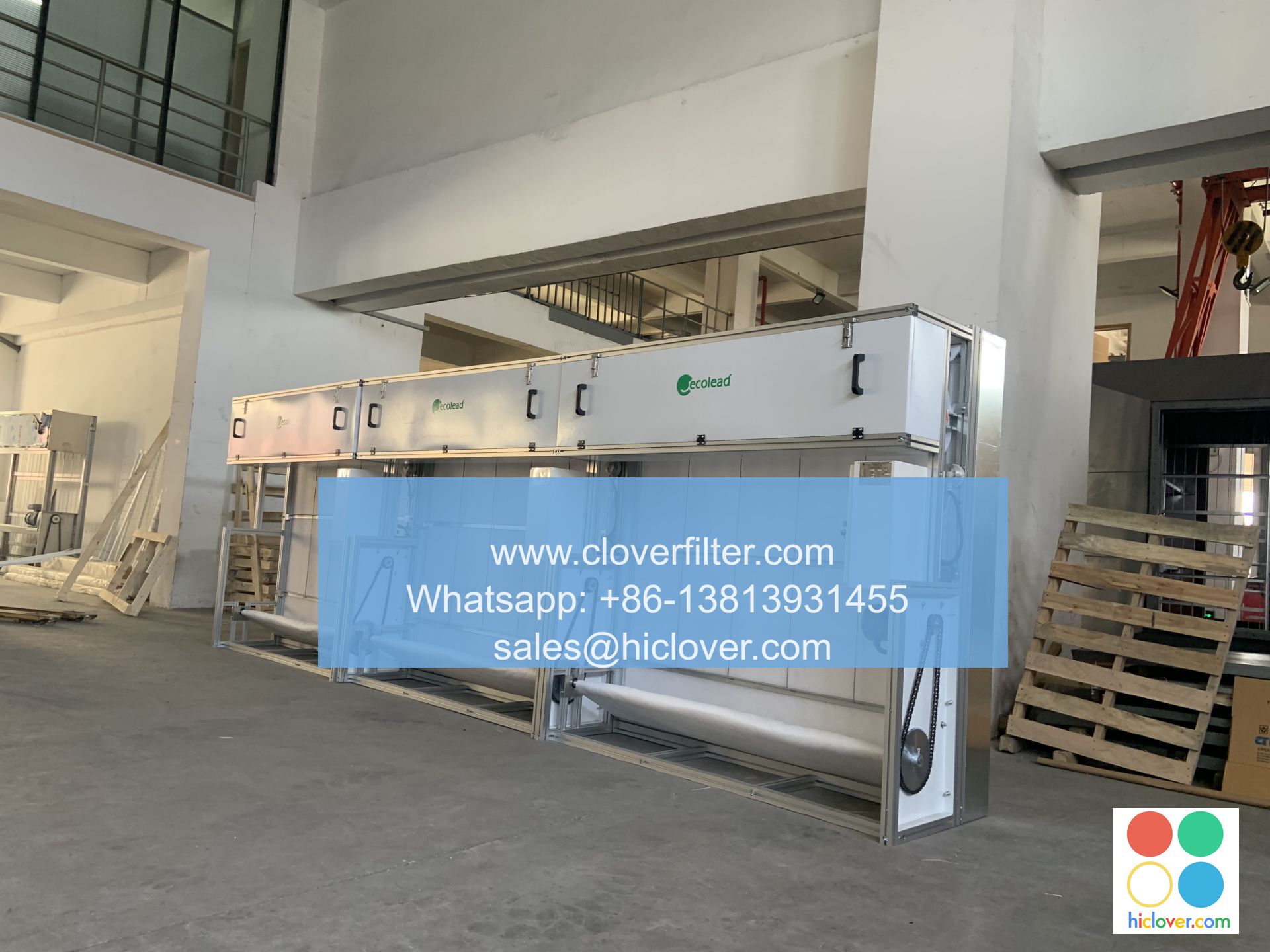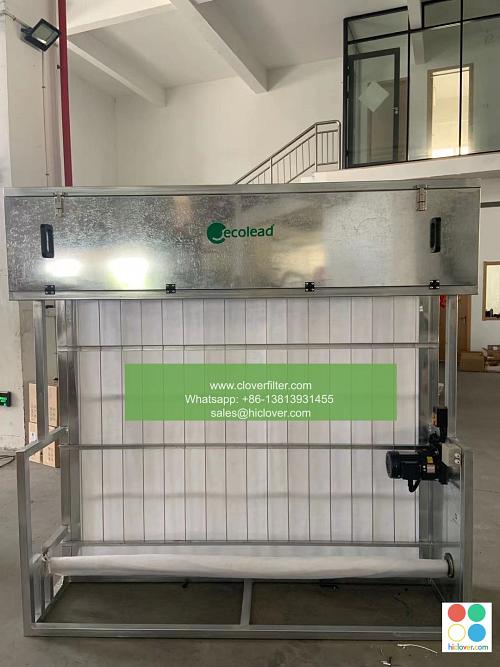The Role of Air Filter Cleaning in Reducing Allergies

Air filter cleaning plays a crucial role in reducing allergies and improving indoor air quality. Allergies are a common problem that affects millions of people worldwide, causing respiratory issues, skin irritation, and other health problems. One of the primary causes of allergies is the presence of allergens in the air, such as dust, pollen, pet dander, and mold. Air purification systems and air filter maintenance are essential in removing these allergens and preventing allergy attacks.
How Air Filters Work
Air filters are designed to capture allergens and other airborne particles, preventing them from circulating in the air. HEPA filters (High Efficiency Particulate Air filters) are a type of air filter that can capture 99.97% of particles as small as 0.3 microns, making them an effective solution for reducing allergies. However, air filters can become clogged with dirt and debris over time, reducing their effectiveness. Regular air filter cleaning and maintenance are necessary to ensure that the air filter continues to function properly.
Benefits of Air Filter Cleaning
Cleaning air filters regularly has several benefits, including:
* Improved indoor air quality: Clean air filters can remove allergens and other airborne particles, improving the overall air quality in a building.
* Reduced allergy symptoms: By removing allergens from the air, air filter cleaning can help reduce allergy symptoms such as congestion, sneezing, and skin irritation.
* Increased energy efficiency: Clean air filters can help improve the energy efficiency of air conditioning systems and heating systems, reducing energy costs and improving overall system performance.
* Extended equipment life: Regular air filter cleaning can help extend the life of air purification systems and other equipment, reducing the need for costly repairs and replacements.
Application Areas
Air filter cleaning is essential in various application areas, including:
* Residential buildings: Cleaning air filters in homes can help improve indoor air quality and reduce allergy symptoms.
* Commercial buildings: Air filter cleaning is crucial in commercial buildings, such as offices, schools, and hospitals, where indoor air quality can have a significant impact on occupant health and productivity.
* Industrial settings: Air filter cleaning is essential in industrial settings, such as manufacturing facilities and warehouses, where airborne particles can pose a significant risk to worker health and safety.
* Healthcare facilities: Air filter cleaning is critical in healthcare facilities, such as hospitals and clinics, where indoor air quality can have a significant impact on patient health and outcomes.
Best Practices for Air Filter Cleaning
To ensure effective air filter cleaning, follow these best practices:
* Use a vacuum cleaner with a HEPA filter to clean air filters and prevent the release of allergens back into the air.
* Wash air filters regularly with mild soap and water to remove dirt and debris.
* Replace air filters every 1-3 months, depending on usage and manufacturer recommendations.
* Use an air filter cleaning solution to help remove tough dirt and debris.
In conclusion, air filter cleaning plays a vital role in reducing allergies and improving indoor air quality. By understanding how air filters work and following best practices for air filter cleaning, individuals can help reduce allergy symptoms and improve overall health and well-being. Whether in residential buildings, commercial buildings, industrial settings, or healthcare facilities, air filter cleaning is an essential maintenance task that should not be overlooked. It seems like you didn’t provide a prompt. Could you please provide more details or clarify what you are looking for? I’m here to help with any questions or topics you’d like to discuss.

